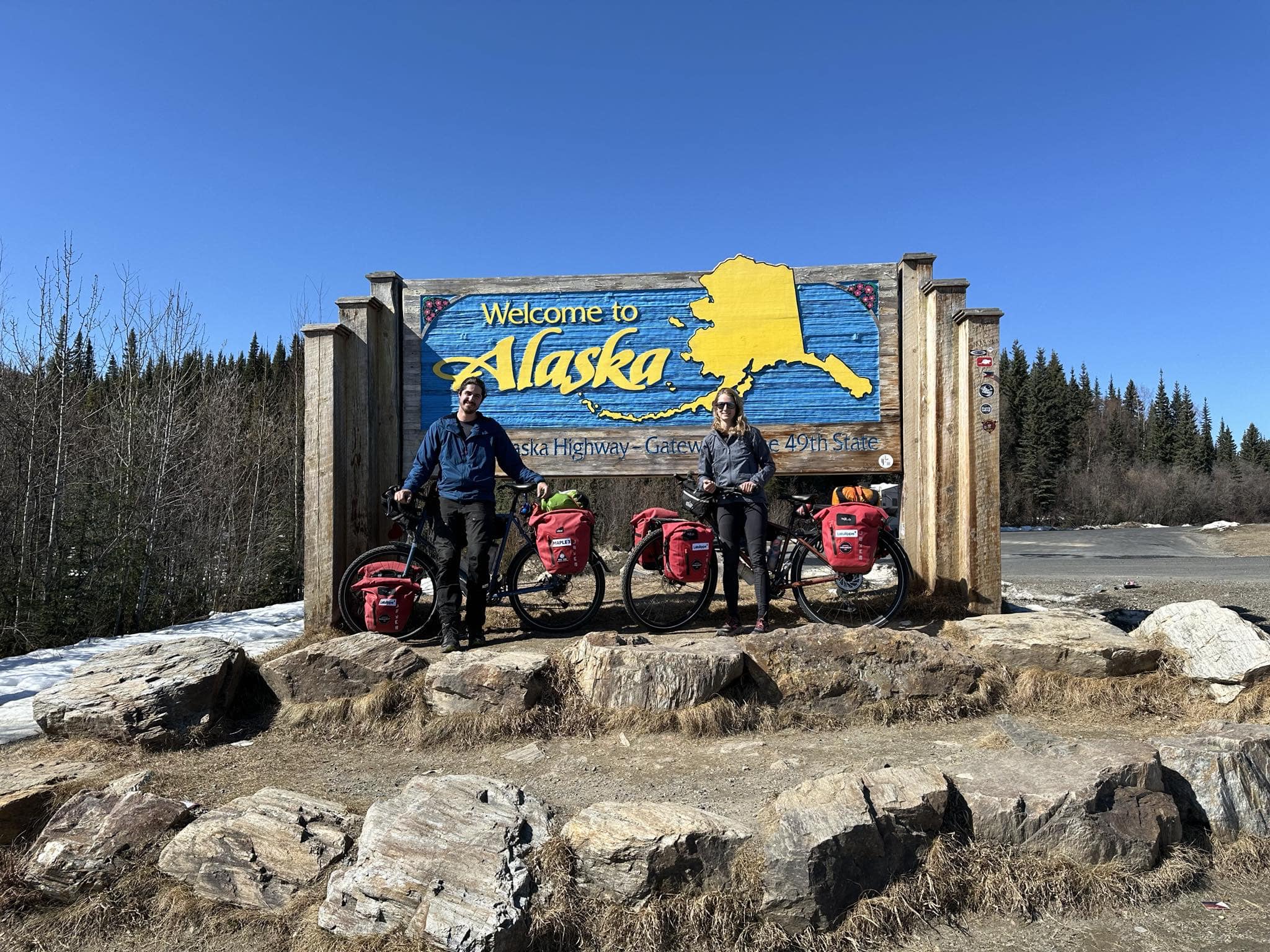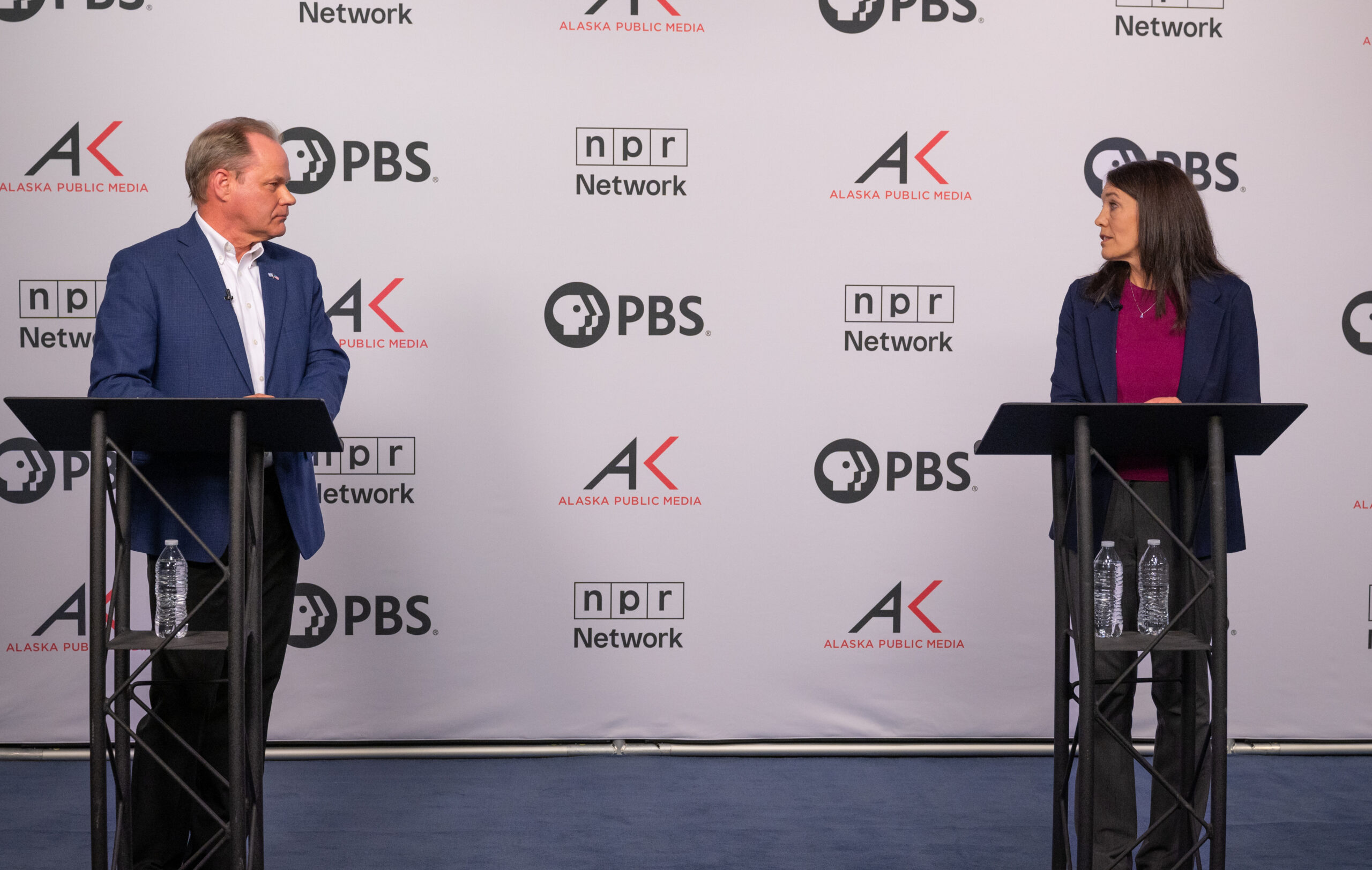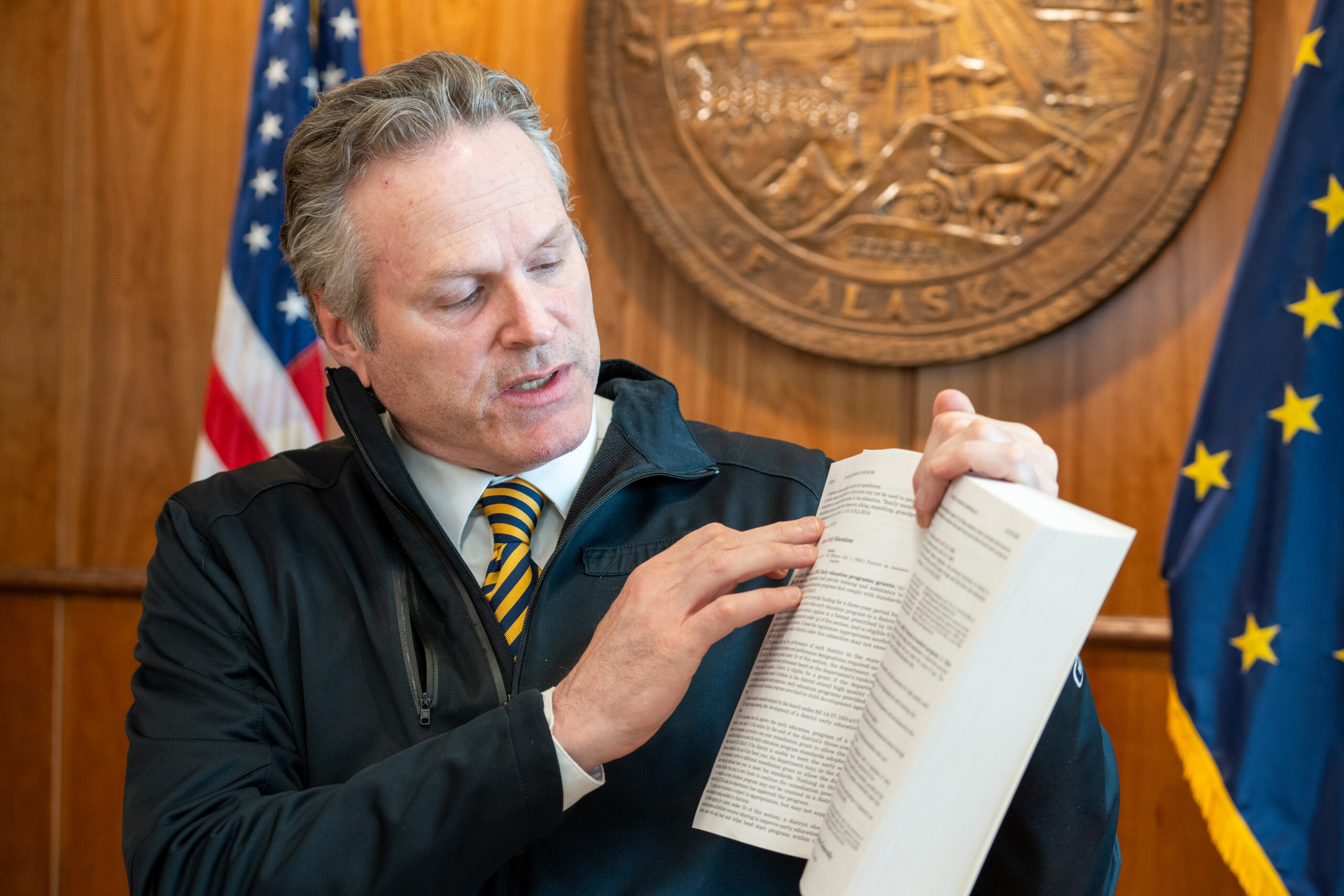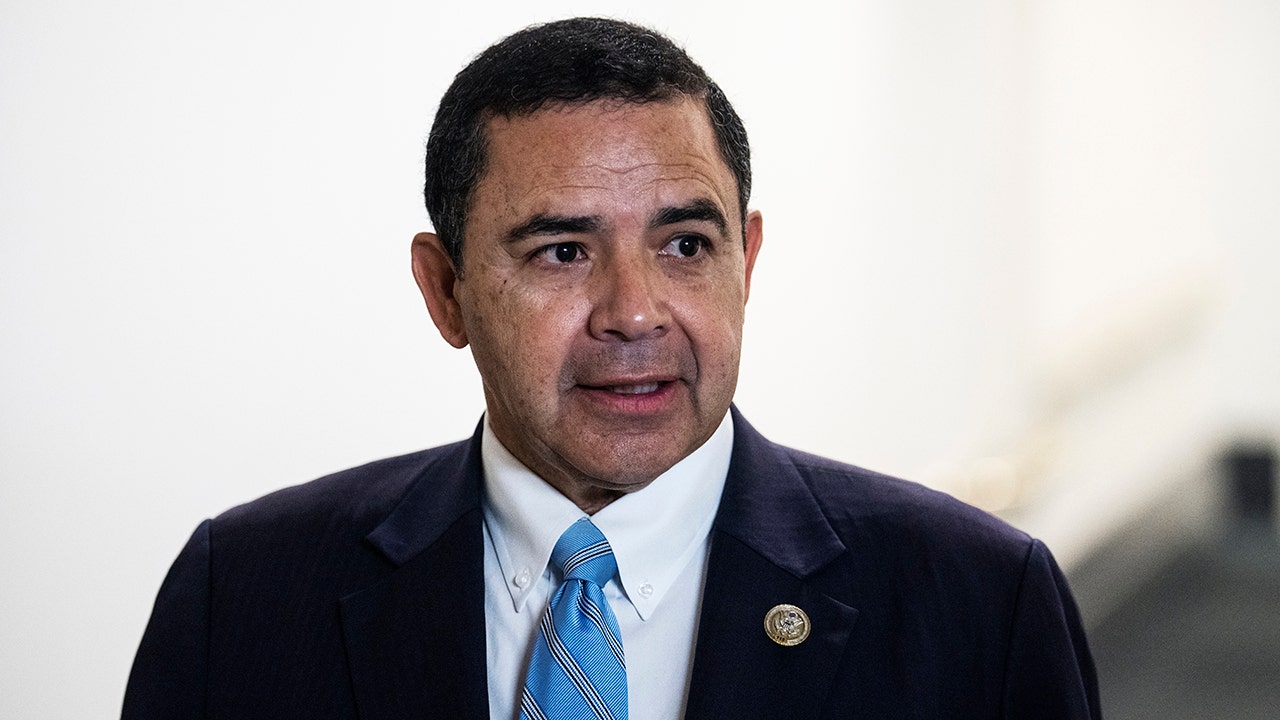Alaska
Travel Math: How your spending habits actually earn you travel perks – Alaska Airlines News

First, there was the TikTok™ trend, ‘girl math.’ Then, we saw ‘boy math’ take off. Even dogs got in on the equation! Now, we give you: travel math. It’s a playful concept that’s grounded in the very latest consumer insights where “the math” justifies the purchase, all for the sake of indulging in a little treat.
We know travelers are using credit card rewards and miles to book their travel and to stretch their dollars, especially Gen Z and Millennials. So, next time you want to book that flight or buy that pair of shoes with your Alaska Airlines Visa Signature® card, we say go for it. Because you’ll earn valuable miles. And of course—travel math.
Do you want to hit Alaska’s elite status even faster?
Get the boots.
✨ New this year: A faster way to earn status through your Alaska Airlines credit card. Throughout 2024, for every $10,000 you spend on purchases, you’ll automatically earn 4,000 Elite Qualifying Miles (EQMs) (up to 20,000 EQMs total).* Learn more.
With elite status, you get a range of benefits designed to enhance your travel experience. Elite perks include:
- Priority boarding
- Complimentary upgrades to First Class or Premium Class when available
- Waived fees for checked baggage
- Bonus miles on flights
- Access to priority check-in and security lines
- Dedicated customer service support
- Learn more!
The specific benefits you receive depend on your elite status level within our Mileage Plan program (tiers include MVP, MVP Gold and MVP Gold 75K).
Buy surf gear to earn miles for your Maui trip.
Rack up miles every time you make a purchase with your Alaska Airlines Visa Signature® card—it’s that easy!
With the Alaska Airlines Visa Signature® card, your purchases = miles:
- 3 miles for every dollar spent on eligible Alaska Airlines purchases (flights, inflight purchases, Lounge).
- 2 miles for every $1 spent on eligible gas, EV charging station, local transit (including ride share), cable, and select streaming services purchases.
- 1 mile per dollar spent on all other purchases.
You’ll also earn Alaska’s Famous Companion Fare™ every year after qualifying purchases.* This popular benefit allows a cardholder to bring a companion on a round-trip domestic flight for $99 (plus taxes and fees).
Buy the bag, check it for free as a cardholder.
The Alaska Airlines Visa Signature® card grants you a first checked bag free for you and up to 6 guests on your reservation paid for with your card.
Plus, cardholders can get priority boarding in Group C (even with a Saver fare) on Alaska flights when you pay for your flight with your card.
Learn more about the Alaska Airlines Visa Signature® Card

- Alaska’s Famous $99 Companion Fare (plus taxes and fees from $23) each account anniversary after you spend $6,000 or more on purchases within the prior anniversary year. Valid on all Alaska Airlines flights booked on alaskaair.com.
- Check your first bag free on every Alaska flight purchased with this card and up to six guests traveling on the same reservation.
- Priority boarding in Group C (even with a Saver fare).
- 3x miles on eligible Alaska Airlines purchases, such as inflight food and beverages.
- 2x miles on eligible gas, EV charging station, cable, streaming services, and local transit (including rideshare) purchases.
- 1 mile per dollar spent on all other purchases.
- 20% back on inflight purchases such as food and drinks and $100 off an annual Alaska Lounge+ Membership when you pay with your Alaska card.
- 10% rewards bonus on all miles earned from card purchases if you have an eligible Bank of America® account.
Terms & Conditions
*Earn 4,000 elite-qualifying miles (maximum of 20,000) that count toward elite status qualification if you make any combination of purchase transactions totaling at least $10,000 (exclusive of any fees, such as the annual fee) that post to eligible Alaska Airlines Visa consumer and business cards from January 1, 2024 through December 31, 2024. Returns, credits and adjustments to this card will be deducted from purchases, even if this card was not the original payment method. Cash Advances and Balance Transfers are not considered purchases and do not apply for purposes of this offer. If a cardholder has multiple Alaska Airlines Visa consumer and business credit card accounts linked to one Mileage Plan account, purchases made with those cards can be combined to reach the $10,000 spend requirement. One individual can only earn a maximum of 20,000 elite-qualifying miles via this campaign, even if they hold multiple Alaska Airlines Visa cards. Allow 8-12 weeks from qualifying for the elite qualifying miles to be posted to your Alaska Airlines Mileage Plan. To qualify for this offer, your credit card account must be open with active charging privileges. Bank of America is not responsible for fulfillment of this elite qualifying miles offer and posting of miles directly to your Alaska Mileage Plan account. Elite qualifying miles will not appear on your credit card statement. Elite-qualifying miles count toward elite status qualification only for calendar year 2025, are non-redeemable and cannot be used toward award travel.
** $99 fare plus taxes and fees from $23 after making at least $6,000 in purchases within the anniversary year. Terms and conditions apply. Visit MyAlaskaCard.com to learn more.
This credit card program is issued and administered by Bank of America, N.A. Visa and Visa Signature are registered trademarks of Visa International Service Association and are used by the issuer pursuant to license from Visa U.S.A., Inc.
Bank of America is a registered trademark of Bank of America Corporation.
Related

Alaska
Canada West to East Kicks Off From Alaska Border » Explorersweb

Nicolas Roulx and Catherine Chagnon have set off on their monster six-month, 6,500km west-to-east journey through Canada. The duo’s entire trip will take place north of the 60th parallel.
Chagnon and Roulx had planned to set off by bicycle from near Beaver Creek on the Alaska-Yukon border on April 18 but left a few days later on April 21. By May 1, they had covered 900km along the Alaska Highway. As the pair transition to the dirt Nahanni Range Road, their 120km per day pace may slow. Camping as they go, they’ve had good weather and encountered some wildlife, but no grizzlies.
The full 6,500km route. The section in red highlights the cycling segment. Photo: Expedition AKOR
They will ride the dirt road for around a week before reaching the village of Tungsten. Here, they will meet friends Mathieu Beland and Guillaume Moreau. The foursome will then begin the meaty 2,800km canoe section of their expedition on the Nahanni River.
Will it be warm enough to paddle?
It will be interesting to see how much paddling they manage on the lakes and rivers of the Northwest Territories. Much of the route could still be frozen, though Roulx told ExplorersWeb they did not expect it to be a major problem before setting off.
“It’s an El Nino year, so it should be a little warmer,” Roulx explained.
These opening few weeks are a vital warm-up for Roulx. He suffered a nasty accident not long after his 2021 Canada north-to-south expedition. He broke his leg while bouldering and has endured a long road to recovery. So far Roulx’s knee is holding up well, though he does report “suffering from some knee pain, but nothing serious or abnormal.”
Alaska
Bronson, LaFrance offer different views and priorities in Alaska Public Media-ADN mayoral runoff debate

Anchorage mayoral candidates Dave Bronson and Suzanne LaFrance faced off in a debate hosted by Alaska Public Media and the Anchorage Daily News Thursday night.
The two sparred over competing ideologies and priorities.
Bronson, the incumbent, made homelessness a centerpiece of his debate performance, mentioning his proposed East Anchorage homeless shelter in six different answers. The shelter was rejected by the Assembly after his administration broke city code by proceeding with construction without Assembly approval. He also described homelessness as a major driver of pedestrian deaths and high rates of violence against women.
“We need to protect these women by putting them into a shelter,” Bronson said. “And that’s why for three years, I’ve been trying to build a shelter. And somehow this shelter got political. I don’t know how, but at the end of the day, that’s the path forward.”
Meanwhile, former Assembly Chair Suzanne LaFrance focused on providing basic services during the debate. She said she’d prioritize local governance, rather than divisive state and national politics.
“We’ve got to get the basics right,” LaFrance said. “And right now, you know, we’ve got a APD staffing shortage of over 50 sworn officers. We don’t have a plan on homelessness. And we’ve got to figure out a way to plow our streets of snow in the winter.”
The moderators asked both candidates questions specifically tailored to them. Bronson was asked about comments he’d made at an Anchorage Chamber debate this week where he described himself as “normal”, and his opponent as “woke.”
Bronson described wokeness as a harmful left-wing platform.
“It’s a political ideology of the far left,” Bronson said. “I don’t think it’s healthy. I don’t think it reflects science. I don’t think it reflects, certainly, good public policy.”
Meanwhile, LaFrance was asked about concerns that she’s too closely aligned with the current Assembly. She said checks and balances would continue if she becomes mayor, and when she was on the Assembly, there were disagreements.
“That is exactly what I would expect as mayor from the Assembly,” LaFrance said. “Because you’ve got 12 different people who are working to do their best to stand up for their constituents. And there’s going to be some healthy disagreement.”
A poll of debate viewers and listeners found that about 90 percent had already decided who they would vote for, with about nine percent saying they were undecided and one percent saying they weren’t voting.
Ballots for the mail-in runoff election are due May 14.

Alaska
Dunleavy says lawmakers shouldn't pass bills to address homeschool decision. Lawmakers say that's risky.

Gov. Mike Dunleavy is calling on lawmakers to pause their efforts to address a court ruling that threatens the state’s homeschool system, saying they should wait for a ruling from the Alaska Supreme Court.
“This is literally a disaster, potentially, an emergency because of its magnitude,” he told reporters at a news conference on Wednesday.
The decision from an Anchorage Superior Court judge found two laws underpinning much of Alaska’s homeschool system unconstitutional. Alaska’s Constitution prohibits spending public money “for the direct benefit of any religious or other private educational institution,” and Judge Adolf Zeman found that payments to homeschool families for things like books and lesson plans had been used for tuition at private and religious schools, which he declared unconstitutional.
But Department of Law Civil Division head Cori Mills, who appeared alongside Dunleavy on Wednesday, said the decision throws a lot more than homeschool spending into question.
“It’s difficult not to read the decision to say that any private organization is impacted,” she said. “So a private organization, in the court’s opinion, seems to equate to a private educational institution.”
And schools spend money on private organizations all the time — books from McGraw Hill, bussing from First Student, tutoring from Sylvan, the list goes on. The plaintiffs’ lawyer in the case, Scott Kendall, said the broad interpretation is “bizarre” and “misleading” and that Dunleavy should seek more guidance from the court. But Dunleavy insisted there’s not much choice but to wait for the Supreme Court to rule.
“This is why we’re saying a quick fix that some are advocating for, we don’t see how it fits into the ruling right now,” Dunleavy said.
But there’s still a big unanswered question: It’s not clear when or if the court’s ruling will take effect. It could be any day, or the end of June as the plaintiffs requested, or longer, as the state and parents backing the homeschool system have requested. And Dunleavy told reporters he’ll likely call lawmakers back to Juneau for a special session if the Alaska Supreme Court doesn’t allow the homeschool laws to stand.
But Sen. Bill Wielechowski, D-Anchorage, said that could be tough to pull off — this summer and fall is campaign season, and he said he’s not sure legislators would be able to get together. So he said he’s in favor of passing a law that puts guardrails on how homeschool funds are spent — or a regulatory fix from the Dunleavy administration that, according to the Legislature’s attorneys, would be compatible with the decision.
“If we put a statute in place, or quite frankly, if there are regulations put in place before that, then homeschoolers will have certainty. Correspondence school families will have certainty. They’ll know what the rules are,” he said. “I think if we don’t do that, this potentially creates tremendous uncertainty for families that use correspondence schools.”
The Senate Education Committee rolled out one possible approach in late April. The sponsor, Sen. Löki Tobin, D-Anchorage, says it’d restore components of the system that existed before the 2014 law that was declared unconstitutional.
The House Education Committee has its own version of a fix. It would more closely mirror the more recent homeschool system, but with stricter limits on buying things like ski passes, power tools and private school classes.
Education Committee co-chair Rep. Justin Ruffridge, R-Soldotna, called for an immediate legislative fix after the decision came out — and despite Dunleavy’s call to hold off, he says that’s still the plan.
“Well, I think if we say we can’t pass statutes to fix things, why would we ever pass a statute ever again?” Ruffridge said.
He said he agrees with Dunleavy that lawmakers have to think long-term. But he said passing a law clarifying the rules would be a good idea.
“We also have to take a view that says, ‘How do we bring stability to folks?’” Ruffridge said. “It’s a lot of people, 23,000 students, so I think we have an obligation to both.”
Doing nothing, Ruffridge and Wielechowski said, risks leaving homeschool families even more in limbo than they already are.
Eric Stone covers state government, tracking the Alaska Legislature, state policy and its impact on all Alaskans. Reach him at estone@alaskapublic.org.
-

 News1 week ago
News1 week agoLarry Webb’s deathbed confession solves 2000 cold case murder of Susan and Natasha Carter, 10, whose remains were found hours after he died
-

 World1 week ago
World1 week agoHaiti Prime Minister Ariel Henry resigns, transitional council takes power
-

 News1 week ago
News1 week agoFirst cargo ship passes through new channel since Baltimore bridge collapse
-

 World1 week ago
World1 week agoSpanish PM Pedro Sanchez suspends public duties to 'reflect'
-

 World1 week ago
World1 week agoUS secretly sent long-range ATACMS weapons to Ukraine
-

 News1 week ago
News1 week agoAmerican Airlines passenger alleges discrimination over use of first-class restroom
-

 Movie Reviews1 week ago
Movie Reviews1 week agoHumane (2024) – Movie Review
-

 Education1 week ago
Education1 week agoVideo: Johnson Condemns Pro-Palestinian Protests at Columbia University














